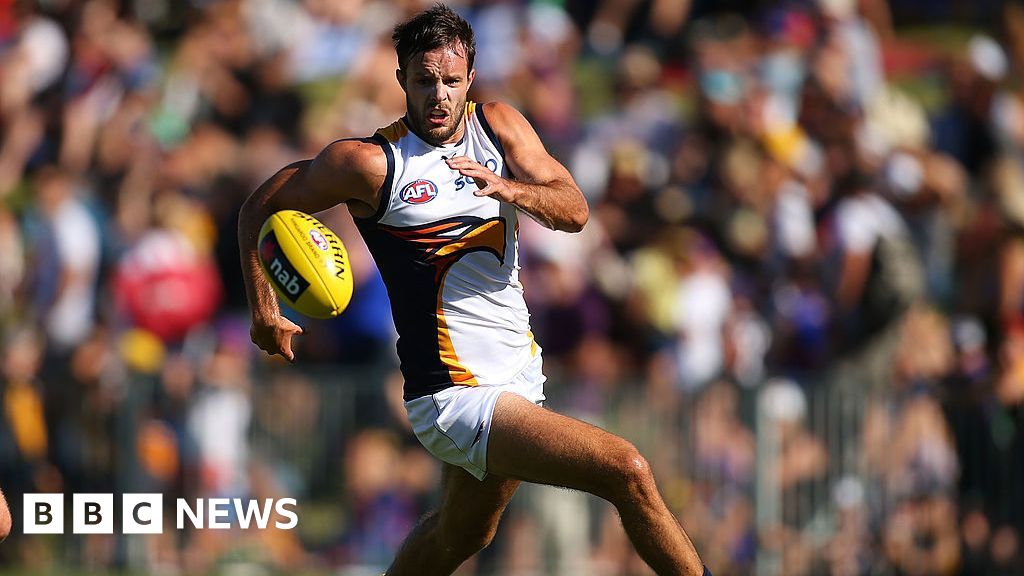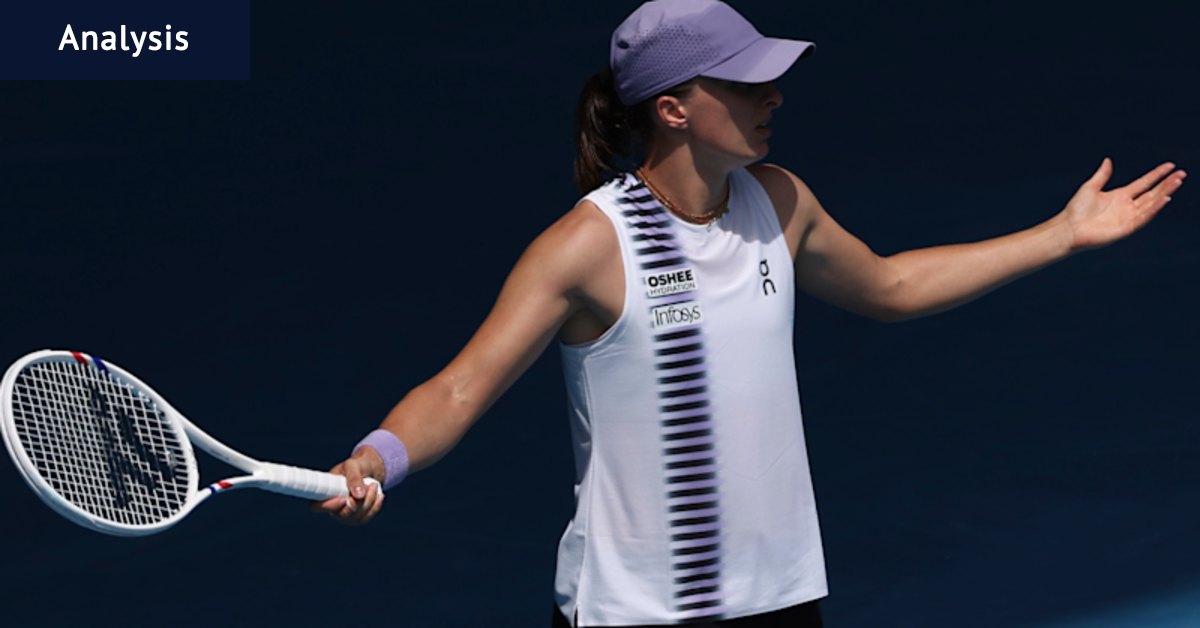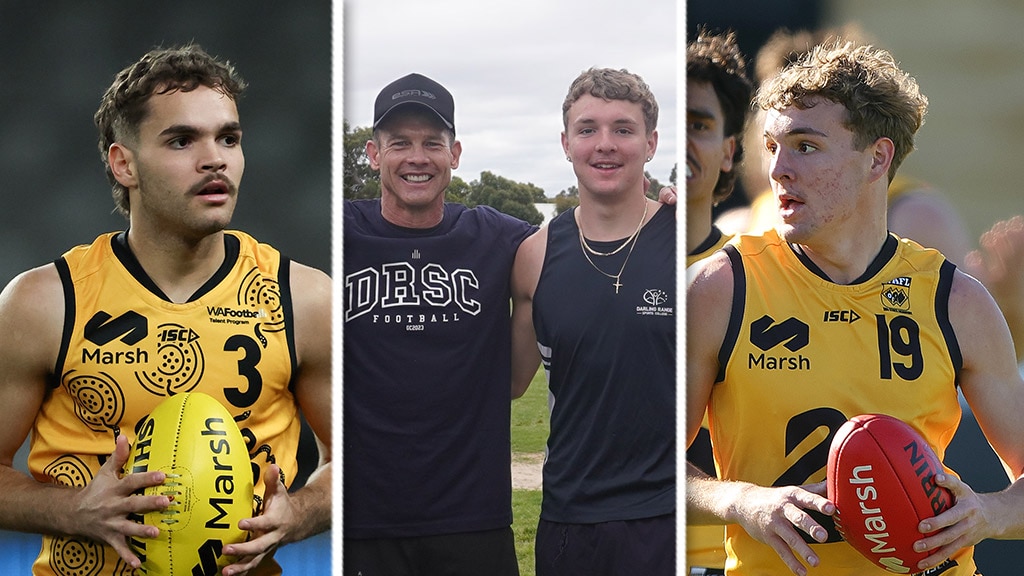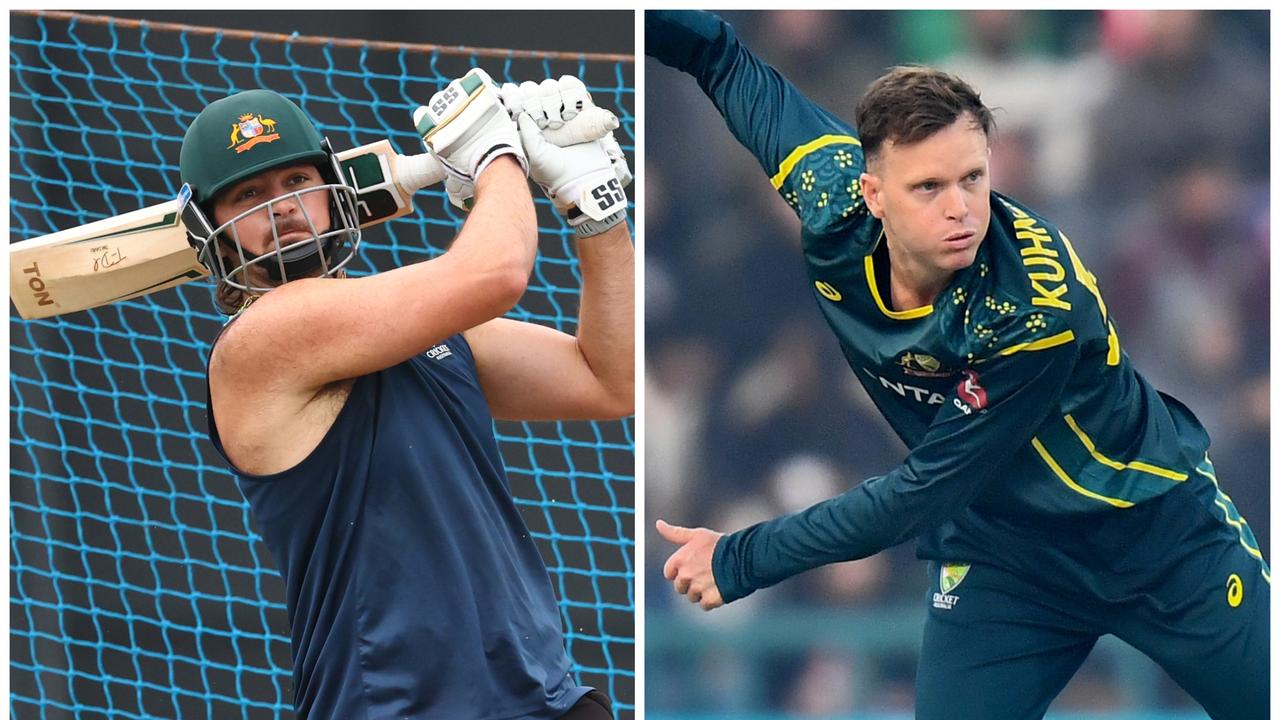
In a groundbreaking moment for the Australian Football League (AFL), former player Mitch Brown has become the first openly bisexual man in the league’s 129-year history. Brown, who played 94 matches for the West Coast Eagles between 2007 and 2016, shared his revelation with The Daily Aus, highlighting the “hyper-masculinity” and homophobia he experienced during his career.
The AFL had long been the only major professional men’s sport globally without an openly gay or bisexual player, even after retirement. Brown’s decision to come forward aims to create “safety, comfort and space” for others to follow suit. He expressed that the burden of concealing his sexuality significantly influenced his decision to retire from professional football.
A Personal Journey and a Public Statement
Brown first disclosed his sexuality in a direct message to The Daily Aus’s social media account after witnessing recent incidents of homophobia within the AFL. “I played in the AFL for 10 years for the West Coast Eagles, and I’m a bisexual man,” he wrote. This decision was fueled by a newfound “feeling of peace… comfort and confidence” that he lacked during his playing days.
Reflecting on his time in the AFL, Brown described an environment where homophobic comments were rampant. “It was never once an opportunity to speak openly or explore your feelings or questions in a safe way,” he stated. He recounted a disturbing conversation with teammates about showering next to a gay man, where one player remarked, “I’d rather be in a cage full of lions than have a shower next to a gay man.”
Expert Opinions and Historical Context
Brown’s revelation is seen as a potential turning point for locker room culture in Australian men’s sports. Erik Denison, a researcher from Monash University, told the BBC that this is a historic moment for world sport, as the AFL was the last major professional sport without an openly gay or bisexual male player. “Brown is taking a very different approach than other players in that he is being very open about the problems that need to change in his sport,” Denison noted.
“This is an historic moment for world sport because the AFL is the last major professional sport to be without an openly gay or bisexual male player. However, players coming out so far hasn’t had much of an effect on changing behaviours in the grassroots.” — Erik Denison, Monash University
Denison drew a parallel to American football player David Kopay, who came out as the first gay professional athlete in the NFL over 50 years ago. He expressed hope that Brown’s announcement will “help drive change to culture and behaviour at clubs around Australia.”
Implications for the AFL and Beyond
Brown’s announcement comes in the wake of several high-profile homophobic incidents within the AFL. Just last week, Adelaide Crows player Izak Rankine received a four-week ban for using a “highly offensive” homophobic slur during a game. Addressing these incidents, Brown called for a “sense of change” in the league, advocating for the celebration of “positive male role models.”
Brown, who is currently in a relationship with a female partner and was previously married to former netball player Shae Bolton, with whom he shares two sons, believes there are other gay and bisexual players in the AFL who remain closeted. He urged fans to have empathy and shared a message for those who still don’t feel comfortable enough to come out: “I see you and you are not alone.”
The move represents a significant step forward in the ongoing battle against homophobia in sports, with the potential to inspire other athletes to live authentically. As Brown’s story continues to resonate, the AFL and its community may be on the cusp of a cultural shift, embracing diversity and inclusivity in a way that has long been overdue.





